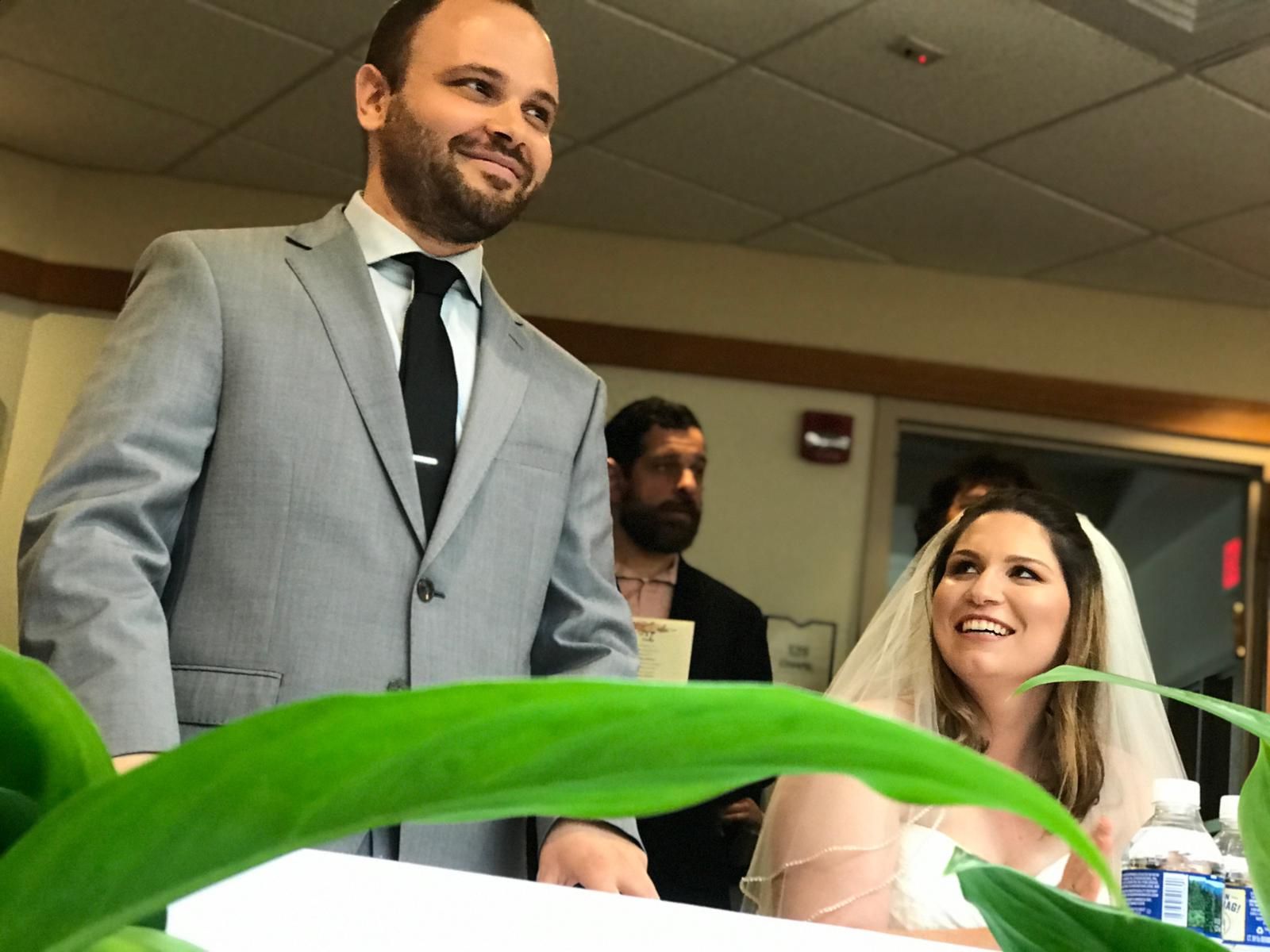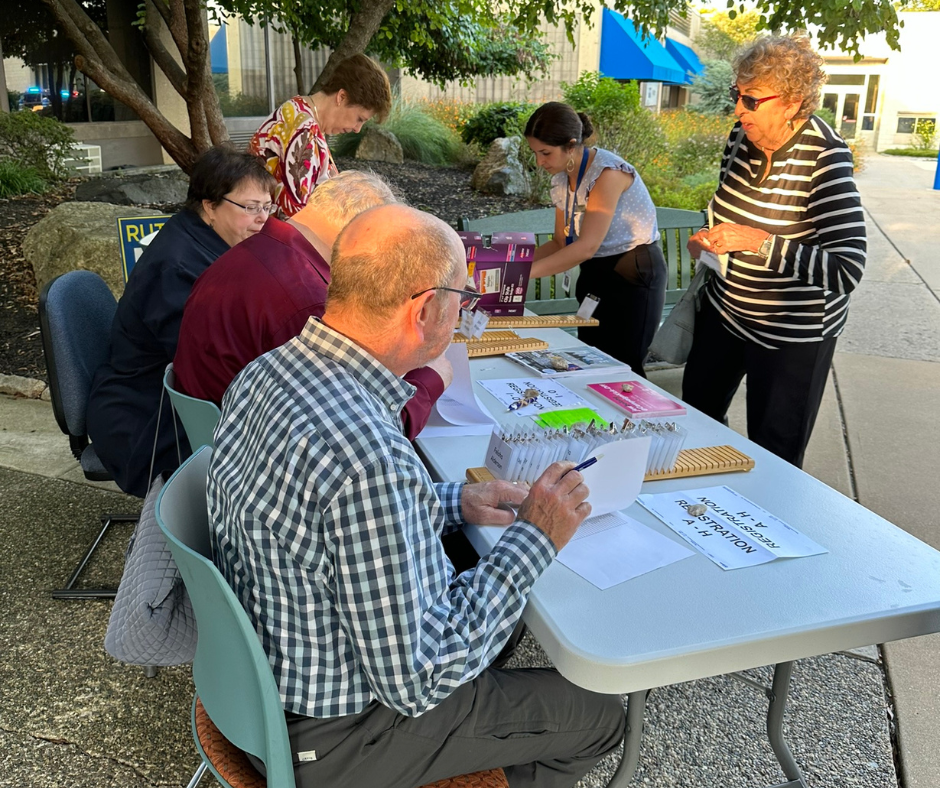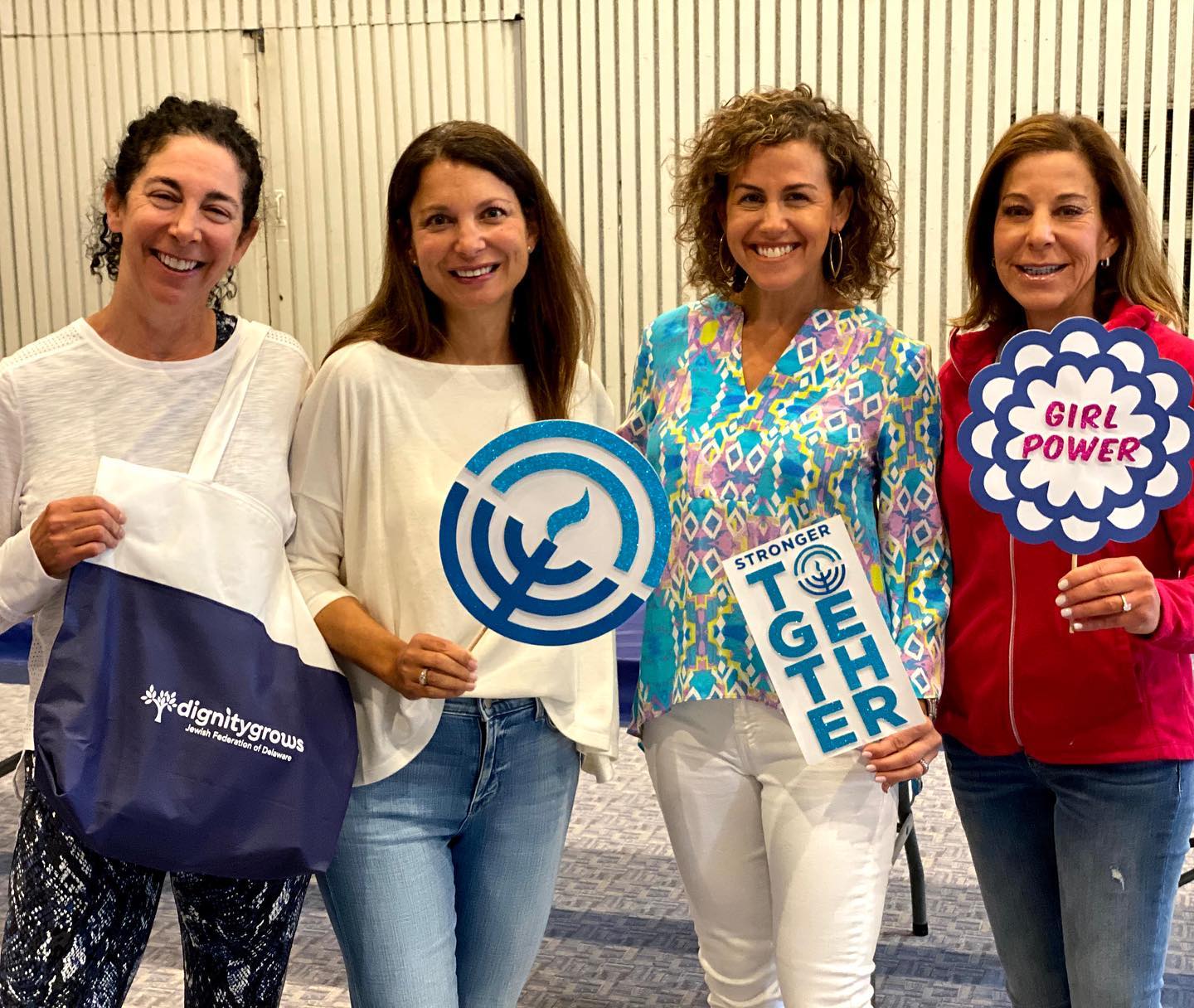Jewish community organizations play a vital role in fostering a sense of belonging, continuity, and growth within local Jewish communities. These institutions act as pillars, fostering cultural legacy, religious education, and social assistance while preserving the survival and vibrancy of Jewish life for future generations. By addressing diverse needs, Jewish organizations create spaces for connection, learning, and celebration, reinforcing the identity and resilience of Jewish communities worldwide.
Preserving Jewish Heritage and Culture
Jewish community organization projects are primarily concerned with the preservation and celebration of Jewish heritage and culture. From hosting festivals like Hanukkah and Purim to organizing communal Shabbat meals, these groups guarantee that traditions are passed along and cherished together. Museums, cultural institutions, and Jewish libraries frequently work together to create exhibitions, chronicle Jewish historical tales, and preserve the diaspora community’s legacy.
Additionally, language programs promoting Hebrew and Yiddish connect participants to their roots. Through art, music, and literature, Jewish community organizations enrich cultural expression and encourage younger generations to explore their heritage.
Education and Religious Guidance
Education is a cornerstone of joint jewish organization efforts. Synagogues, community centers, and day schools educate children and adults on Jewish laws, customs, and values. These institutions frequently provide Bar and Bat Mitzvah preparation, Torah study sessions, and conversations on current Jewish ethics, allowing people to connect meaningfully with their faith.
Adults can develop their intellectual and spiritual connections via lifetime learning activities such as lectures and seminars on Jewish history, philosophy, and theology. Rabbis and educators affiliated with these organizations serve critical roles in providing direction on religious practice and assisting individuals in navigating complicated personal and spiritual concerns.
Building Social Connections
Jewish community organizations act as hubs for social interaction and support. Volunteer projects, youth organizations, and social gatherings encourage community people to bond and form enduring bonds. People of all ages can interact with one another in a friendly setting through recreational activities offered by organizations such as the Jewish Community Center (JCC), which range from fitness classes to summer camps.
Specialized organizations, such those for elders or young professionals, guarantee inclusion and assist individuals in locating their position within the greater Jewish society. By establishing a network of people bound together by same experiences and ideals, these programs enhance the fabric of Jewish life.
Supporting Vulnerable Populations
A significant aspect of jewish federation services is their commitment to helping those in need. Many operate food banks, provide housing assistance, and offer financial aid to vulnerable members of the community. Jewish Family Services (JFS) broadens its reach by assisting those experiencing obstacles such as mental health, disability, or domestic violence.
Programs focused at resettling refugees or assisting Holocaust survivors demonstrate the Jewish commitment to tikkun olam, or world-repairing. Jewish community groups emphasize communal responsibility for everyone’s well-being by addressing urgent needs and cultivating a compassionate spirit.
Advocacy and Combating Antisemitism
In addition to promoting internal community strength, Jewish organizations campaign for Jewish people’s rights and safety on a larger scale. They oppose antisemitism by educating, raising awareness, and collaborating with other communities. Programs that emphasize the hazards of hate speech, as well as activities that promote interfaith discussion, contribute to greater understanding and prejudice reduction.
Moreover, organizations often collaborate with government bodies and international organizations to advocate for policies that protect Jewish rights and interests. Through these efforts, they create a safer environment for Jewish communities to thrive.
Encouraging Philanthropy and Volunteerism
Jewish community organizations often emphasize the importance of giving back. They engage people in the commandment of service to others through charity and volunteer initiatives. Many groups hold fundraisers to benefit local and worldwide issues such as disaster relief, education, and medical research.
Volunteer options, such as mentoring youngsters or aiding with community events, allow people to give their time and skills. This generous attitude strengthens community relationships while also ensuring the long-term viability of critical services and initiatives.
Promoting Inclusion and Diversity
Modern jewish community organization initiatives strive to embrace inclusivity, reflecting the diverse makeup of contemporary Jewish life. Efforts to involve interfaith families, LGBTQ+ people, and Jews of color show a dedication to making everyone feel accepted and appreciated.
Programs that celebrate the many traditions of Jewish communities, such as Sephardic or Mizrahi customs, enrich the communal experience and foster solidarity. Jewish groups that prioritize inclusivity boost the community’s cohesion and vibrancy.
A Foundation for Jewish Community Growth
Jewish community organizations play an essential role in sustaining local Jewish life. They create resilient communities that flourish despite adversity by maintaining cultural heritage, providing education, developing social connections, and assisting vulnerable people.
For individuals and families in Delaware, the Jewish Federation of Delaware offers a shining example of impactful leadership. With a commitment to inclusivity, education, and philanthropy, it empowers the Jewish community to grow and prosper. Their exceptional programs and initiatives are a testament to the enduring strength and unity of Jewish life in the region.












